

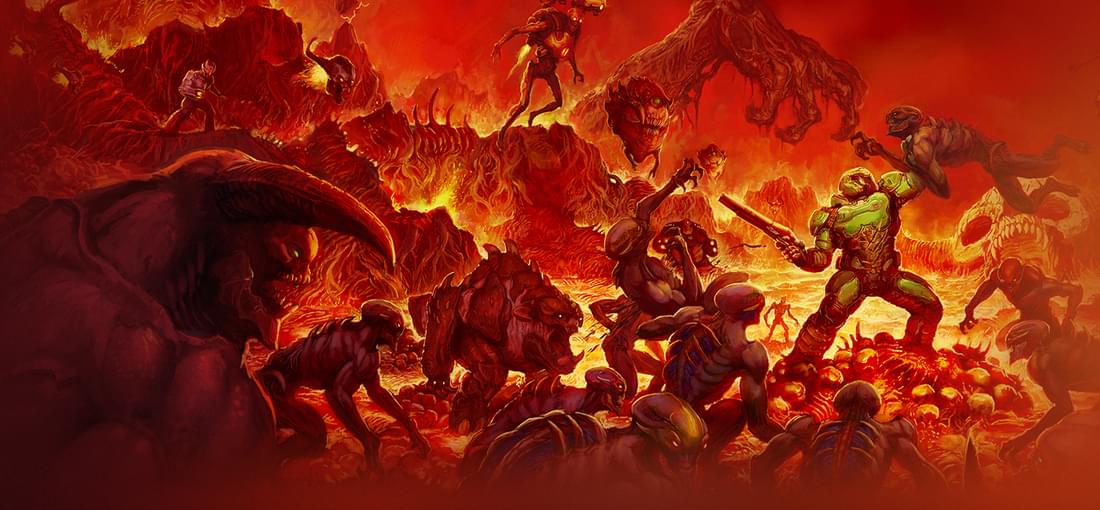
DOOM ( 2016 ) is not exactly the reboot Doom fans expected, but it is the revival and reinvigoration the franchise needed. Its both old and new, being both like and unlke the original Doom games. . . but in a cool way where even the different and innovative aspects still speak to the *experience* of playing the original games. Also, in an age when every game and its brother tries to be "cinematic" by aping the traditional storytelling conventions of Hollywood, DOOM doesn't eschew story but rather innovates in it. The Doom Slayer may not speak a word, but make no mistake, he is a clear and evocative character. TLDR: Come for the action unlike any corridor shooter of the CoD vintage, stay for four actor stageplay of brutally balletic violent theater.
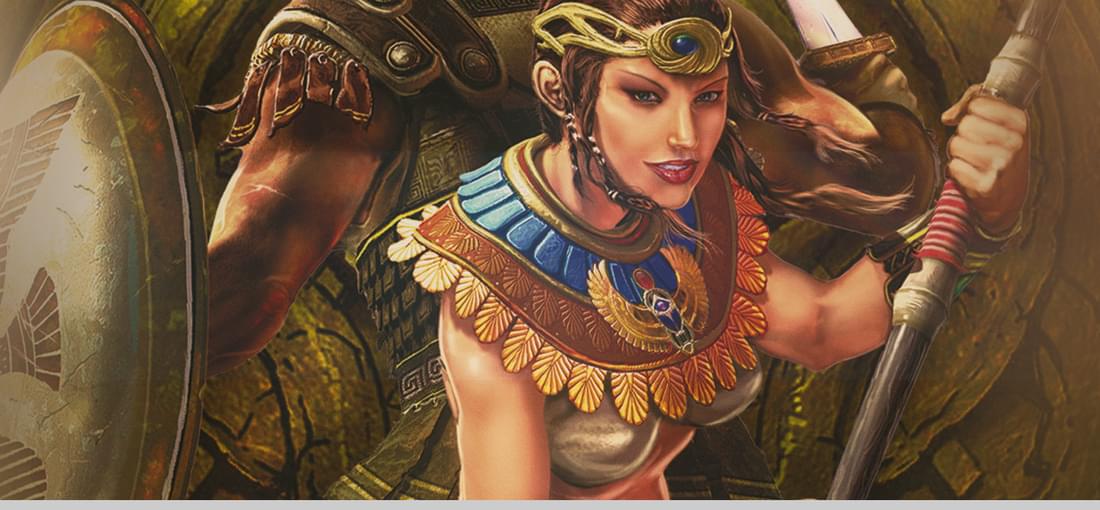
There was a lot I liked about Titan Quest. Its got solid theming, a bunch of nice QoL features like item quality filters, and the mastery system is probably the best class structure I've seen in a diablo clone. However, none of this matters when the difficulty spikes *way* too hard, forcing the pacing/grind problems to the fore. I won't say you shouldn't play it ( hence the 3 star rating ), but be warned.
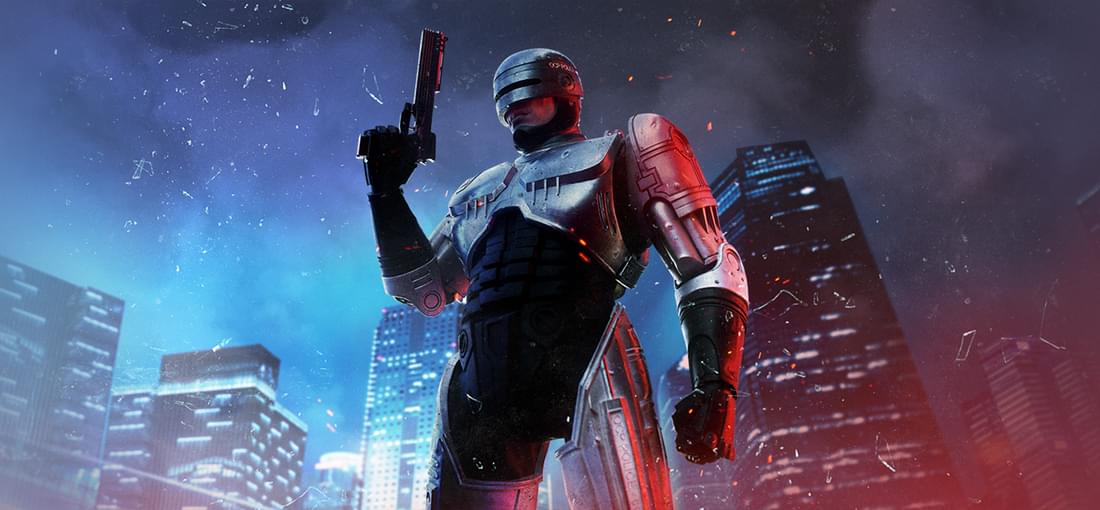
In one zone of the game, you will find basic "doll box" sets to quickly fake rooms inside windows. You'll also find all the drawers in an auto shop labeled, legibly, with the type of part contained within. A game where the developers care like that, even within a restrained budget, is worth more than FPS.
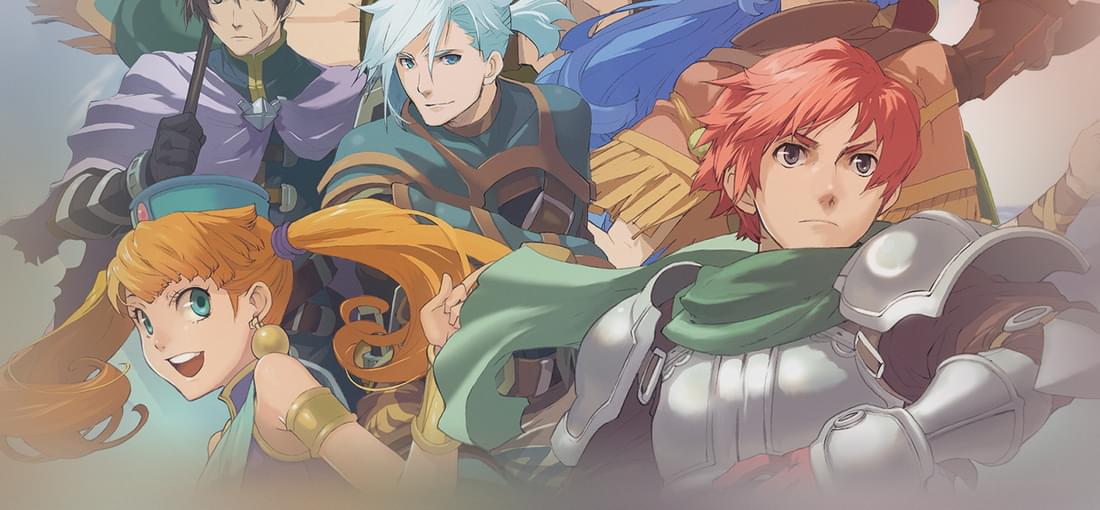
The first of the party-based Ys games, Ys Seven isn't bad. . . but it could be better. Note that "not bad but could be better" is by Falcom standards- should you play it? Absolutely! But it very much feels like the rough draft for the later, much better, Ys VIII.
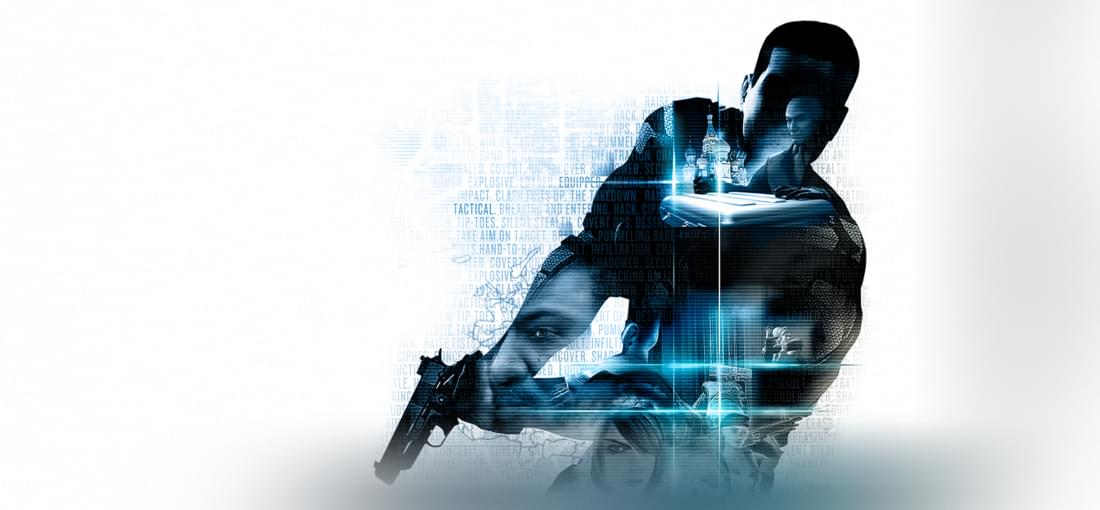
Alpha Protocol is not a perfect game. It is somewhat glitchy, relatively short, and has rather unbalanced abilities. None of this matters, though, because what Alpha Protocol *does* do well, it does better than basically anything else in the medium. This falls into two broad categories: 1. The game was marketed as "the Espionage RPG", and that is dead on accurate. There are relatively few games that center on actual spy drama ( as opposed to, say, straight action titles involving a certain numerically-labeled Brit ), and Alpha Protocol does a better job than the rest at delivering the full range of spy drama activities. You don't just do fighting, or even sneaking: above all else, the game is about manipulating the attitudes and opinions of others, in order to gain information and aid from them. Fighting and sneaking and the like are simply tools for achieving such. 2. Player agency. The choices and actions of the player determine the outcome of missions, the actions of allies and enemies, and even the overall tone of the game. Is Alpha Protocol a stale beer drama or a sexy action romp? Its *either*, depending on your choices. The only game since to *maybe* provide more choices and consequences is Baldur's Gate 3. If you like either spy thrillers or dynamic RPG stories, you owe it to yourself to play Alpha Protocol. And then play it again, making some different choices, to see just what new information and outcome you might discover.
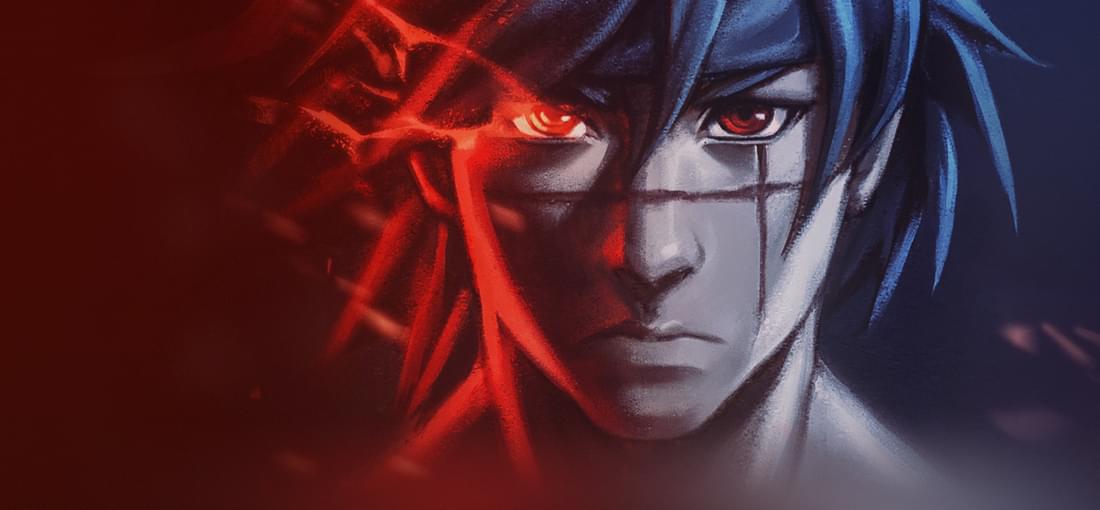
On the surface, Legrand Legacy looks like many other retro-PS1 JRPGs. Since I am a fan of both the PS1 and JRPGs, this game should be up my alley. Unfortunately, on playing it I discovered very little nostalgia. Instead, it is filled with incredibly bland and generic art design, cliched characters and story, and some of the worst pacing I have ever experienced. A game that embraces a retro attitude towards "required grinding" should never require you to revert to a save *three dungeons back*. And while I can't personally attest to it, from what I have read the characterization goes from "cliched" to "atrocious" a few chapters after I gave up. If you want a retro JRPG that hits that early PS1 feel, give Earthlock a try instead.